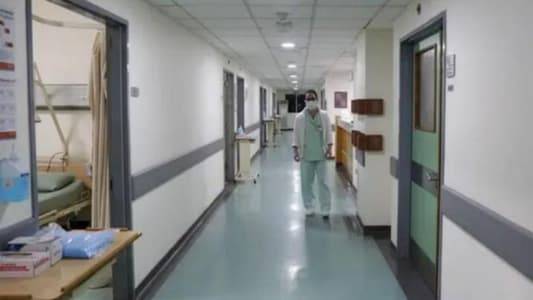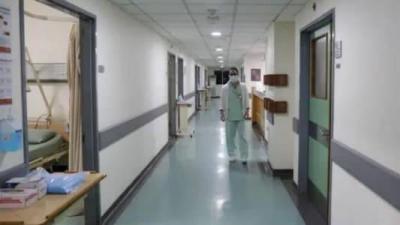The impact of the cholera epidemic is receding in Akkar Governorate as the number of infections declines, following a vaccination campaign led by the Red Cross and several other organizations targeting 27 villages and towns affected by the disease. Meanwhile, more than 100,000 people have been vaccinated in Akkar, while the Tripoli community has been preoccupied with news of over 20 cases exhibiting severe diarrhea and vomiting being transported to the hospital.
Details indicate that ambulances transported more than 20 elderly individuals from the Social Services Center - Elderly Home in the Abi Samra area of Tripoli to the Tripoli Government Hospital due to acute diarrhea and vomiting. The hospital administration announced they received several patients from the elderly care center in Abi Samra and treated them immediately as cholera cases. They isolated the patients and contacted the health department in Tripoli to coordinate and follow up on the cause of the infections. A general examination was promptly conducted on the patients, along with laboratory tests to determine the causes of diarrhea and vomiting among them.
Hospital Director Nasser Adra stated that “after the cases arrived at the government hospital, we placed the sick elderly patients in isolated rooms, and laboratory tests confirmed their cholera infection. Additionally, five cases among the 22 were placed in intensive care for further monitoring due to more severe symptoms.” The principal cause of these infections is still unclear; however, the incident has sharply raised the need for vaccination campaigns against cholera in Tripoli and its surrounding areas, similar to those in Akkar and the Bekaa, as pointed out by the Minister of Public Health Dr. Firas Abyad during his recent visit to the city.
In this geographically shifting scene, it appears as if cholera is striking Lebanon, region by region, with the Douma area now seeing the emergence of cases, attributed to polluted water that residents use for drinking and household use. A medical source from northern Lebanon confirmed to "Nidaa al-Watan" that “cholera is not over yet, neither in Akkar nor elsewhere, despite a decrease in infections due to ongoing vaccinations, sterilization, treatments, and other preventive measures.” They further added, “All residents, especially in Akkar, should not become complacent.”




